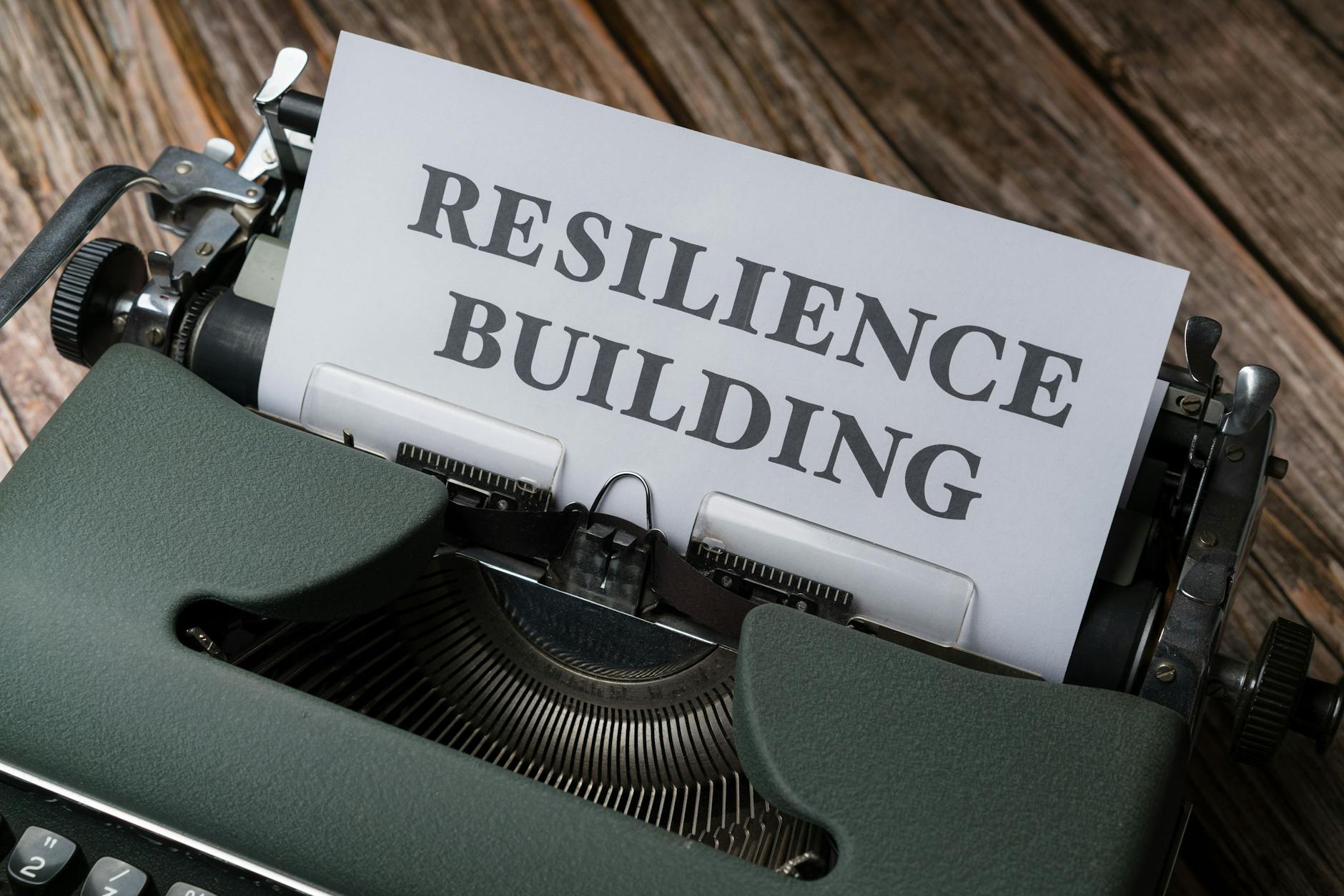
Building Resilience: Bouncing Back Stronger from Adversity
Resilience is the ability to bounce back from setbacks, adapt to change, and thrive in the face of adversity. In this article, we’ll explore the concept of resilience, its importance in overcoming life’s challenges, the benefits of building resilience, and practical strategies for cultivating resilience to emerge stronger and more resilient from difficult experiences.
Introduction to Resilience and Its Importance
Resilience is the psychological strength that enables individuals to navigate adversity, trauma, and stress with grace and determination. It involves resilience involves adapting well in the face of adversity, trauma, tragedy, threats, or significant sources of stress—such as family and relationship problems, serious health problems, or workplace and financial stressors. It is an essential skill for coping with life’s inevitable ups and downs and thriving in the face of adversity.
Understanding the Concept of Resilience
Resilience encompasses various qualities and skills, including optimism, perseverance, adaptability, and emotional regulation. It involves maintaining a positive outlook, bouncing back from setbacks, and effectively coping with stress and challenges. Resilient individuals are able to navigate change, setbacks, and failures with resilience and determination, learning and growing from difficult experiences rather than being defeated by them.
The Benefits of Building Resilience
Building resilience offers numerous benefits, including:
- Enhanced Coping Skills: Resilient individuals develop effective coping strategies for managing stress and adversity, enabling them to navigate life’s challenges with grace and resilience.
- Improved Mental Health: Building resilience can reduce the risk of developing mental health problems such as depression, anxiety, and post-traumatic stress disorder (PTSD), promoting emotional well-being and psychological resilience.
- Greater Adaptability: Resilient individuals are more adaptable and flexible in the face of change, able to adjust to new circumstances and bounce back from setbacks with resilience and determination.
- Increased Self-Confidence: Building resilience boosts self-confidence and self-efficacy, empowering individuals to face challenges with courage and conviction, and trust in their ability to overcome obstacles and achieve their goals.
- Stronger Relationships: Resilient individuals foster stronger connections and relationships with others, offering support, empathy, and encouragement during times of adversity, and building a sense of community and belonging.
Strategies for Building Resilience
Cultivating a Positive Mindset
Cultivate a positive mindset by focusing on strengths, successes, and opportunities for growth. Practice gratitude, optimism, and self-compassion, and challenge negative thoughts and beliefs with evidence-based thinking and reframing techniques.
Developing Problem-Solving Skills
Develop problem-solving skills by breaking challenges into manageable steps, identifying potential solutions, and taking proactive action to address them. Seek advice and support from others, brainstorm creative solutions, and learn from past experiences to inform future decisions.
Building a Strong Support Network
Build a strong support network of friends, family members, mentors, and peers who can provide encouragement, guidance, and emotional support during times of adversity. Lean on your support network for advice, perspective, and practical assistance, fostering a sense of connection and resilience.
Practicing Self-Care and Stress Management
Practice self-care and stress management techniques to promote emotional well-being and resilience. Prioritize activities that promote relaxation, such as exercise, meditation, or hobbies, and set boundaries to protect your time and energy. Practice self-compassion and self-care, and seek professional help if needed.
Embracing Failure and Learning from Setbacks
Embrace failure and setbacks as opportunities for growth and learning. Instead of dwelling on past mistakes or setbacks, focus on what you can learn from them and how you can apply those lessons to future challenges. Cultivate a growth mindset and view obstacles as stepping stones to success rather than barriers to progress.
Conclusion
Building resilience is essential for navigating life’s challenges with grace, courage, and determination. By understanding the concept of resilience, recognizing its importance, and implementing practical strategies for building resilience, individuals can emerge stronger and more resilient from difficult experiences, and thrive in the face of adversity.
The Power of Adaptability: Thriving in Times of Change
Managing Stress: Techniques for Maintaining Calm and Composure
The Impact of Personal Branding: Crafting Your Image for Success
Unlocking Your Potential: Setting Personal Development Goals
Overcoming Shyness: Strategies for Stepping Out of Your Comfort Zone
FAQs (Frequently Asked Questions)
1. What is resilience, and why is it important?
Resilience refers to the ability to bounce back and recover from adversity, setbacks, or challenges. It is the capacity to adapt positively to stress, trauma, or adversity, and to maintain mental toughness and stability in the face of difficult circumstances. Resilience is important because it enables individuals to navigate life’s ups and downs with strength, perseverance, and optimism, ultimately leading to greater well-being and success.
2. What are some characteristics of resilient individuals?
Resilient individuals typically exhibit characteristics such as optimism, perseverance, adaptability, problem-solving skills, self-awareness, and strong social support networks. They are able to effectively cope with stress, maintain a positive outlook, and bounce back stronger from setbacks or traumatic experiences. Resilient individuals often demonstrate flexibility in their thinking and behavior, as well as a sense of purpose and meaning in their lives.
3. How can I build resilience in my own life?
Building resilience involves developing specific skills and habits that promote emotional and psychological well-being in the face of adversity. Some strategies for building resilience include cultivating a positive mindset, practicing self-care and stress management techniques, seeking social support, fostering connections and relationships, setting realistic goals, and learning from setbacks and failures. Building resilience is an ongoing process that requires practice, self-reflection, and a willingness to adapt and grow.
4. How does resilience benefit individuals in overcoming challenges?
Resilience benefits individuals in overcoming challenges by enabling them to effectively cope with stress, maintain emotional stability, and persevere in the face of adversity. Resilient individuals are better equipped to navigate difficult situations, bounce back from setbacks, and learn from their experiences. They are more likely to view challenges as opportunities for growth and development, rather than insurmountable obstacles, and to emerge stronger and more resilient as a result.
5. Can resilience be developed and strengthened over time?
Yes, resilience is a skill that can be developed and strengthened over time with practice and effort. By adopting healthy coping strategies, fostering social connections, seeking support when needed, and learning from experiences, individuals can cultivate resilience and enhance their ability to navigate life’s challenges with grace and resilience.






















